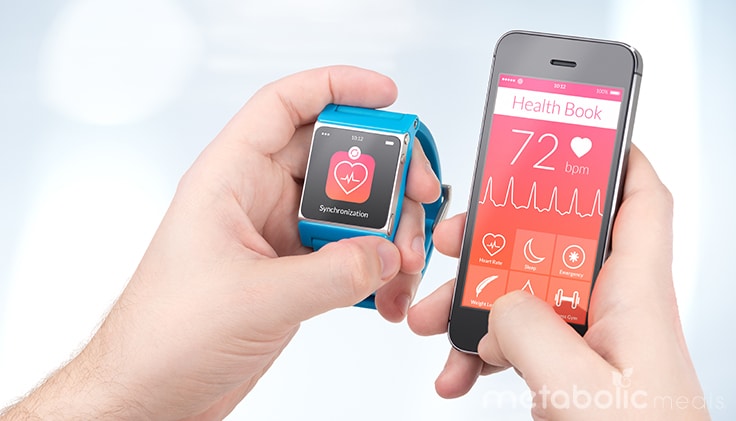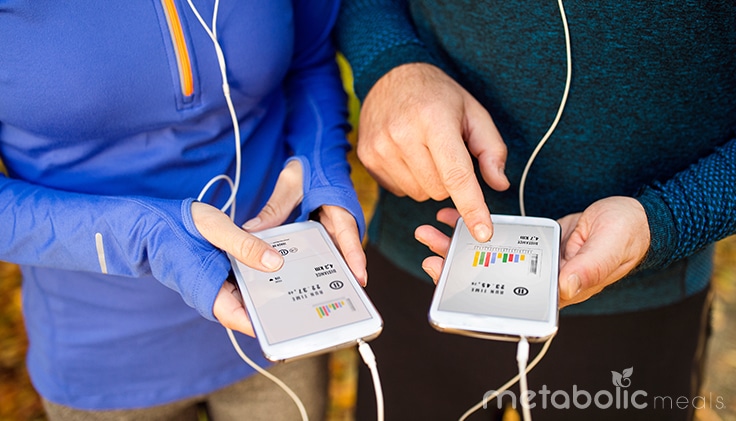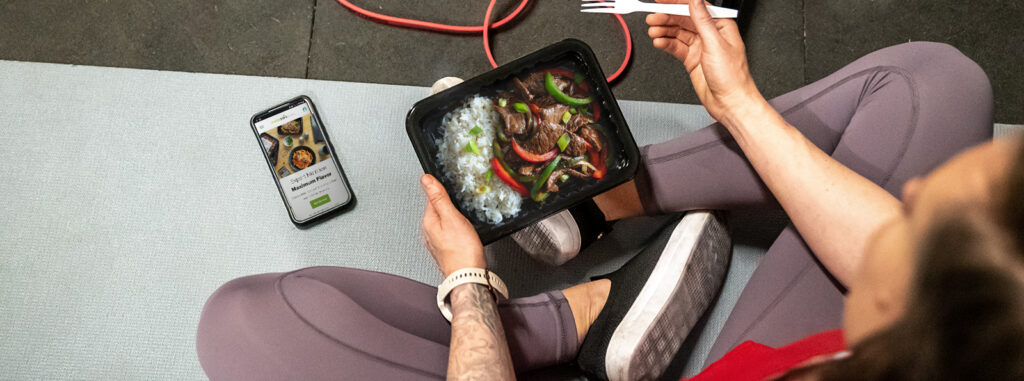Despite the booming popularity of wearable fitness trackers, the growing consensus is that at the current time, they have some serious flaws. The truth is a wearable can’t do the workout for you; it can only help you optimize it. To see results, you must make exercise and nutrition a regular part of your life.
Getting excited about the purchase of a new app or wearable is a good way to get motivated about starting a healthier lifestyle. Unfortunately, most people don’t stick with their resolve long enough for the lifestyles to become habit.
Educating people about effective, up-to-date exercise and nutrition habits while also providing meaningful health data will separate the best health tech companies from their competition.
The Main Factors of Health Technology

Technology has the potential to improve health in myriad ways, though the thousands of health tech spinoffs revolve around two main factors: data collection and speed.
There isn’t currently one device that can do everything. However, technology exists that can check your heart rate, blood sugar, hormones, neurotransmitters, sleep quality, power, and even exercise readiness. Connecting the dots within this mountain of data can paint a vivid picture of your current health.
They can also help you prevent disease. According to a study published by the Public Library of Science, wearable biosensors can flag early signals of illness, including diabetes, Lyme disease, and even the common cold. The sensors in Cyrcadia Health’s prototype, iTBra, can identify early signs of breast cancer by measuring changes in breast cells. It then transmits that data to a smartphone or a computer.
Besides collecting data, however, successful health tech also delivers actionable information based on that data — and delivers it rapidly. The on-demand economy is growing, and people gravitate toward products that provide information quickly and conveniently enough to help them stay motivated.
Health Tech’s Bright Future
Despite some recent criticisms of wearables, technology has had an undeniably positive effect on health and fitness, especially concerning the wealth of information it has made available. Twenty-five years ago, researching a topic like neurotransmitters at a public library wouldn’t have turned up many relevant options from which to choose. Now, on any given weekend, I can read the most up-to-date research from top medical schools around the world.
Instant access to information allows researchers to grow their knowledge on a wide variety of subjects at an amazing rate and has vastly increased the understanding of human physiology. It has also paved the way for technologies that can improve our health in a number of more direct ways, including:
1. Personal diet recommendations
Current technology exists that can measure blood sugar without pricking your finger. Soon, it will also be able to automate nutrient calculation based on a number of markers, including blood sugar, C-reactive protein, triglycerides, and activity level.
2. Digital meal prep

You know what you should be eating, but who has time to source the ingredients and make all of that food? Your wearable will pass that information on to a company like Metabolic Meals, which will automatically populate entrée options based on your personal needs. The company will then deliver chef-prepared meals fresh to your door. Your meal prep will be cut down to about five minutes with just the click of a button.
3. Highly customized workout suggestions

Today’s wearable tech can already record data such as your morning heart rate and your sleep patterns, but as technology progresses and integrates with wearables, they will be able to track your grip strength and cortisol levels, too. This combination will effectively gauge your exercise readiness. With these assessments, wearables could potentially suggest optimal workout routines based on the nervous system’s current state, which can help improve recovery and reduce the risk of injury.
4. Instant medical alerts
Monitoring body temperature, blood sugar, heart rhythm, and other markers will be a real-time process, and health tech will be able to send data to medical professionals when it detects an abnormality. Doctors will be alerted to possible health issues even when patients are nowhere near the office.
5. Socializing through training apps

Social-oriented training apps could allow you to run or cycle the best routes in the world from your hometown gym (or compete against thousands of other people worldwide). Competition and camaraderie improve exercise participation, and now more than ever we have the ability to connect with others who share similar goals.
If you lose motivation (or misread data and believe you’re doing more than you actually are), even the most advanced health technology will be useless. But if you’re serious about improving your health and fitness, technology can and will prove to be one of your greatest assets.






